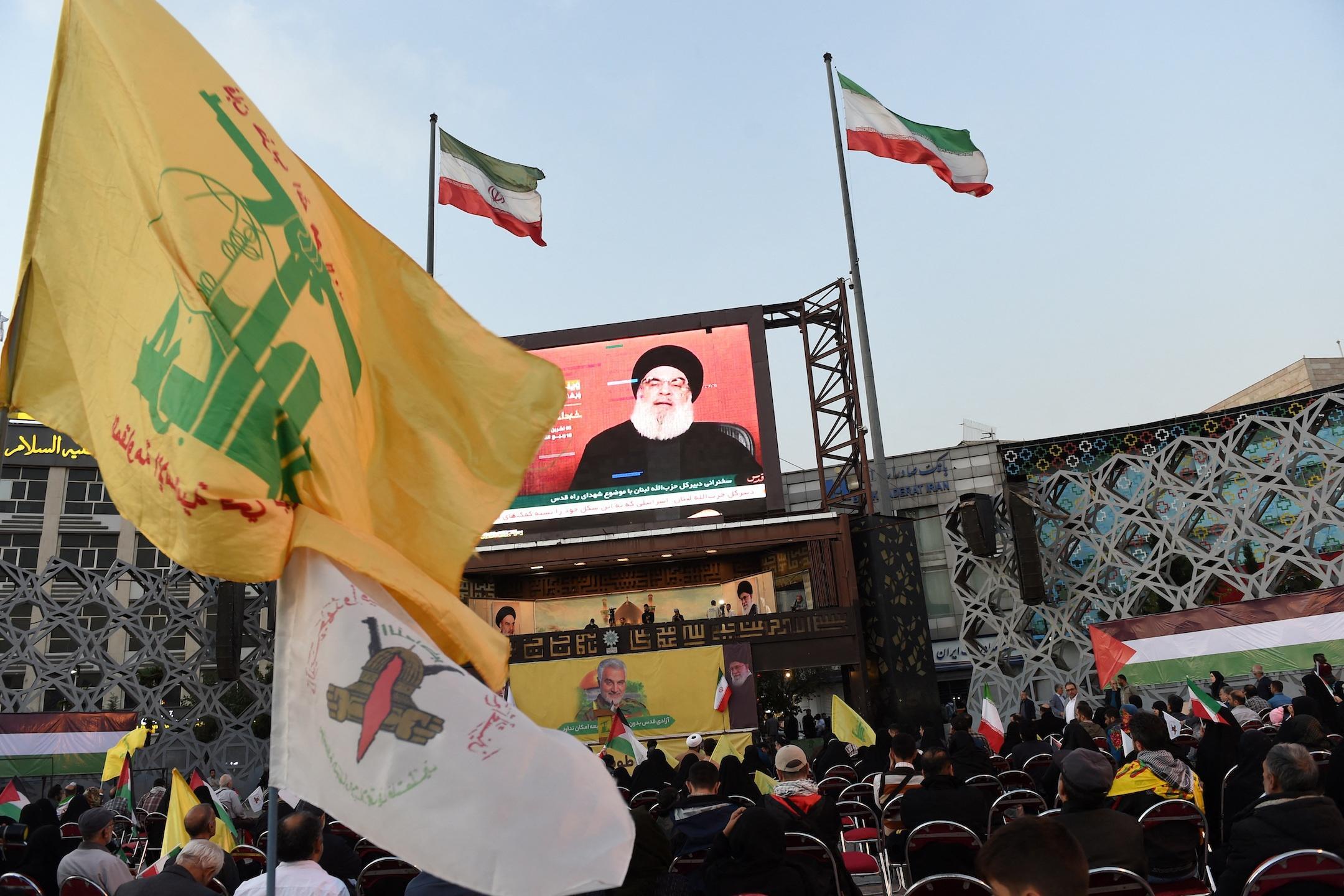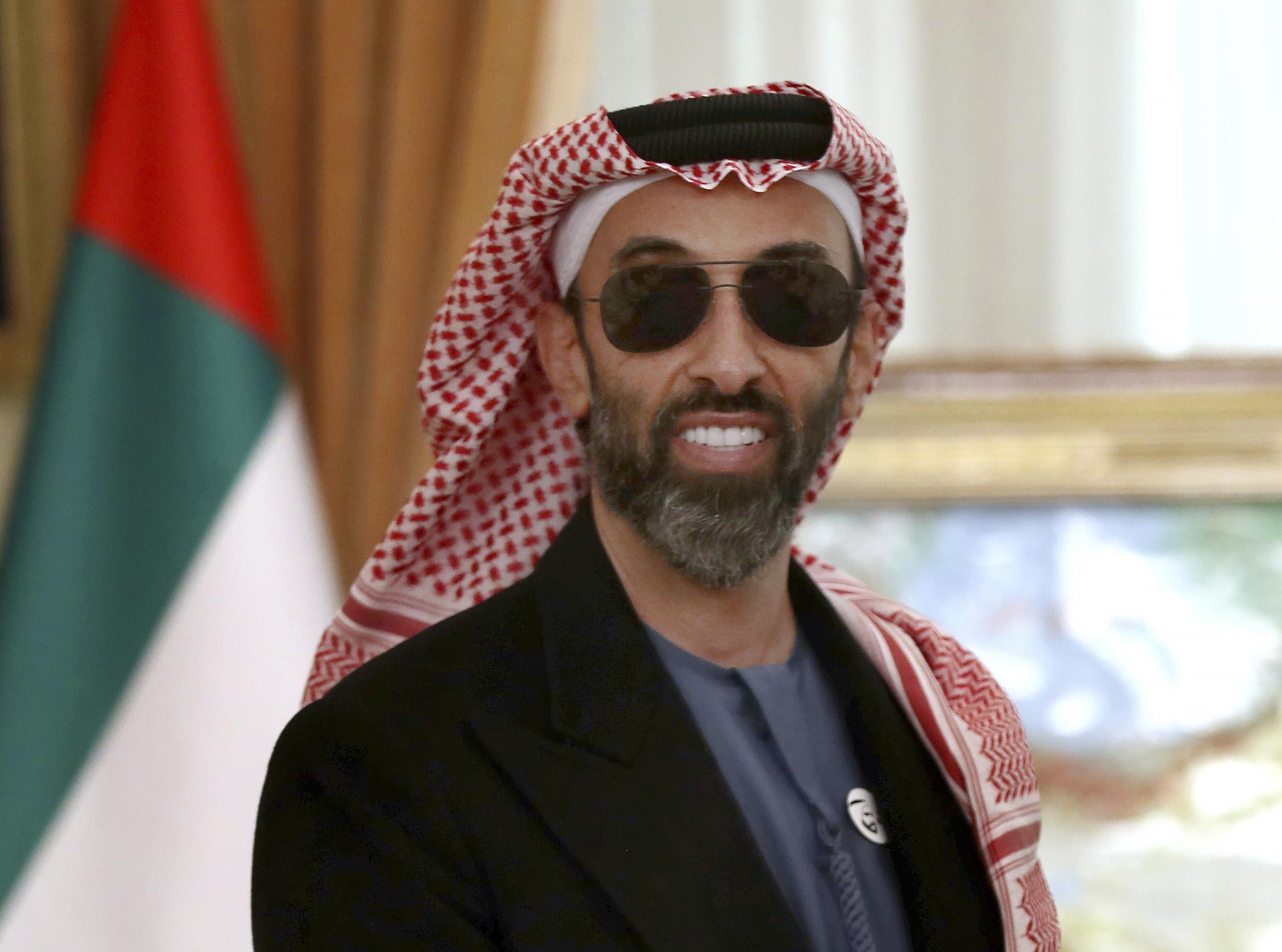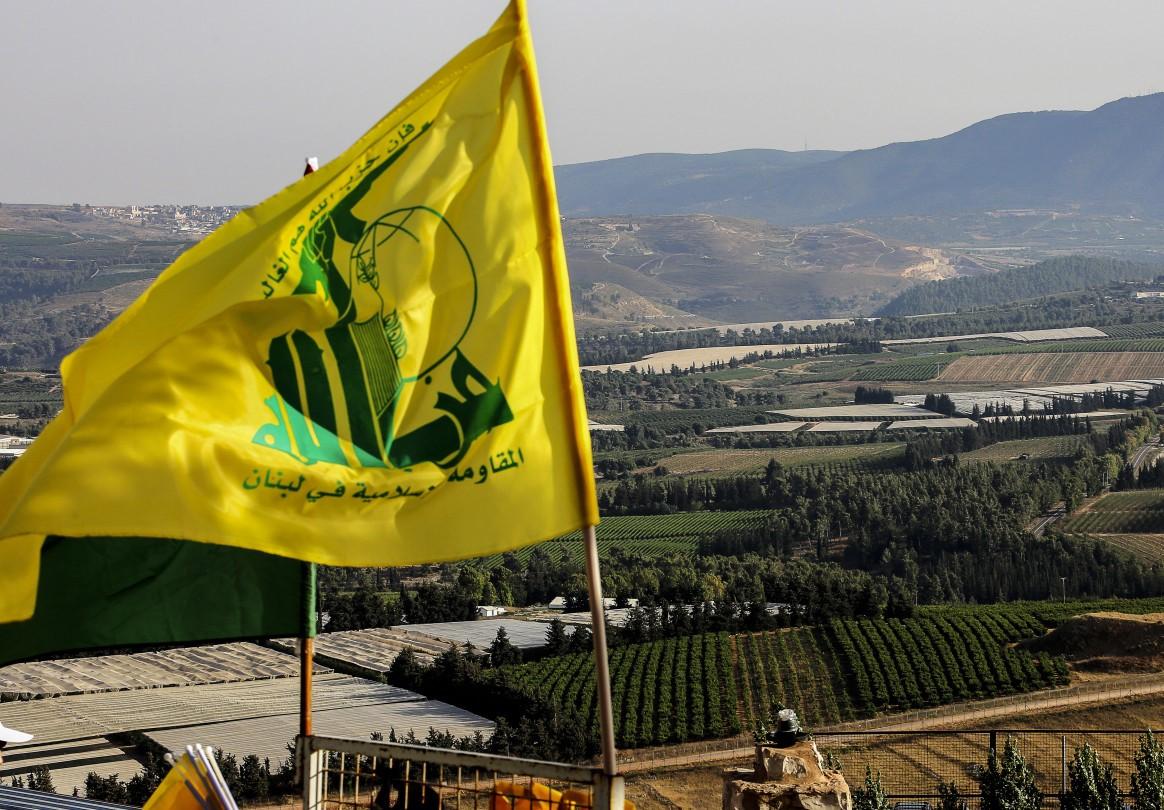Will Hezbollah and the UAE strike a deal? Bitter friends
On March 22, a senior official from the Iran-backed Lebanese group Hezbollah, Wafiq Safa, head of Hezbollah's Liaison and Coordination Unit, made a landmark trip to the United Arab Emirates to facilitate the release of more than a dozen Lebanese nationals detained there.
The visit at the invitation of the UAE could signal a significant shift away from the hostility that has long defined relations between Shi'ite Muslim Hezbollah and the Sunni Muslim UAE, a strategic ally of the United States. While the reason and details of the visit remained undisclosed, some argued that in light of the Gaza War, the UAE sought rapprochement with Hezbollah to minimize spillover risks.
On the surface, the rare trip focuses on releasing Lebanese detainees. However, there are speculations that broader political issues are on the agenda—including Emirati mediation between Hezbollah and Israel. The spotlight is also on a claimed Syrian role in UAE dealings with the Lebanese movement.

The UAE, like other Arab Gulf countries, considers Hezbollah a terrorist organization and, over the years, has detained and deported dozens of Lebanese citizens over alleged links to the group. In 2023, the UAE government pardoned several Lebanese citizens serving their terms for their alleged links to Hezbollah, though the rest of the citizens remained behind bars. The process was further delayed due to the Israel-Hamas war.
Nevertheless, some sources describe the visit as a “new page” in ties between the UAE and Hezbollah, despite Safa’s being on the sanction list of the US. Undoubtedly, the recent coordination between Hezbollah and the UAE became possible through the efforts of the Syrian government.
According to a pro-Hezbollah media outlet, the UAE allegedly enlisted Syrian President Bashar Al-Assad to "mediate" and that "several meetings" have been held in Damascus. The reported talks in Syria have been led by Safa and Emirati National Security Advisor Sheikh Tahnoon bin Zayed Al Nahyan (TbZ). a

Paradoxically, the timing for the UAE-Hezbollah thaw seems perfect regarding regional stability and Iran's gradual normalization with the Gulf monarchies. Despite the ongoing war in Gaza, the UAE is one of the few Muslim countries that maintain good trade relations with Israel. Simply put, economic ties between the UAE and Israel continue to flourish, further entrenching their alliance against common adversaries.
However, the thaw with Hezbollah within the mediation of Syria enables Abu Dhabi to maintain stable relations with Tehran and the US simultaneously. As for Hezbollah, the normalization ties with Abu Dhabi give it additional leverage during the ceasefire talks with Israel.
In the last few weeks, Israel intensified the air strikes on Lebanese territories, mainly targeting Hezbollah and Hamas top commanders. Indeed, the recent strikes exposed enormous damage to Hezbollah and its military resources.

Therefore, Abu Dhabi making that move vis-à-vis the Syrian regime was about acting "sort of as a pathfinder, a scout, going ahead to see the situation for Saudi Arabia to follow up a couple of years later. Hence, Safa’s visit must be understood within the context of various state and non-state actors in the Middle East acting more pragmatically toward each other and opening doors to better relationships through diplomacy.
Nevertheless, it is too early to define Safa's visit as a sole rapprochement between Hezbollah and the UAE, as both sides prefer to maintain a relatively lower profile in the process not to anger global actors, particularly Israel. In light of the devastating war in Gaza, the Israeli government dismisses international calls to uphold military operations in Gaza due to the dire humanitarian situation and avoid entering Rafah city.
Notably, the West acknowledges that the end of turmoil in the Middle East might be achieved only through the Iran – Israel deal. Therefore, Abu Dhabi's regular contacts with Hezbollah and diplomatic relations with Tehran do not trigger anger in the West. In that sense, the UAE will maintain a positive dialogue with Hezbollah in an effort to minimize the potential repercussions of the Gaza war on regional stability.








